When it comes to crafting exceptional dishes, precise preparation is key. As every professional chef knows, the tools we use in the kitchen play an integral role. One such indispensable tool is the cutting board. The question is: what cutting board do chefs use? Let's dive into the preferences of top chefs and why they make these choices.
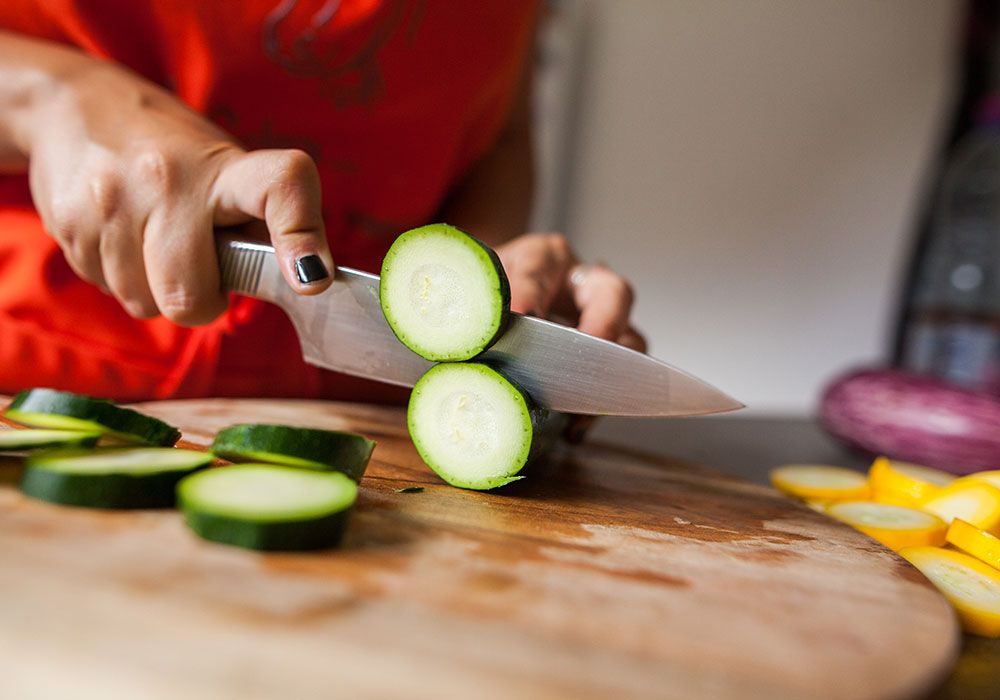
Why Is the Choice of Cutting Board So Important?
The kitchen is a realm where precision meets creativity. The cutting board is not just another surface; its the unsung hero of culinary preparation. For chefs and kitchen professionals, the cutting board impacts knife health, food safety, and even the quality of the dish.
Whether slicing delicate herbs or dicing hard vegetables, the material and functionality of a cutting board matter. But with so many options on the market, ranging from wood to plastic to bamboo, what truly makes a cutting board chef-approved?
The Terrific Technologies That Define a Chef-Approved Cutting Board
To answer what cutting board do chefs use, we must first establish the criteria they consider:
- Durability: A chefs cutting board must withstand heavy use without wearing out.
- Knife-friendliness: Maintaining the sharpness of knives is paramount.
- Safety: It must be non-slip and sanitary, reducing the risk of foodborne illnesses.
- Easy maintenance: Cleaning and proper care should be effortless.
Wooden Cutting Boards: The Delighted Choice of Many Chefs
Widely favored by chefs, wooden cutting boards tick all the boxes. Often made from maple, walnut, or cherry woods, these boards are long-lasting, gentle on knives, and visually stunning. Additionally, the natural fibers in wood have antimicrobial properties, making them a safe option for food prep.
Would you like to know how to properly maintain your wooden cutting board? Check out these terrific tips to extend its lifespan.
Plastic Cutting Boards: The Big Debate!
Many chefs opt for plastic cutting boards due to their lightweight and dishwasher-safe nature. These are especially popular in restaurants where hygiene regulations demand frequent sanitization. Despite their practicality, plastic boards are often less kind to knives over time.
Curious about how chefs balance plastic use? Heres the science behind their material choices.
Bamboo Cutting Boards: Technology and Sustainability Combined
Chefs who emphasize sustainability are turning to bamboo. This incredible material is eco-friendly and renewable. However, while bamboo boards are durable, they can be tougher on knives compared to wooden boards.
The Art of Caring for Cutting Boards
Habits make perfect tools last longer. Proper care is crucial, no matter which cutting board you choose:
- Frequently oil wooden boards to prevent cracking. Learn the correct technique in this handy guide.
- Always clean plastic cutting boards immediately to avoid staining or lingering odors.
- Use separate boards for raw meat and vegetables to prevent cross-contamination. Explore the purpose of color-coded boards right here.
FAQs: Answering Your Cutting Board Questions
1. How often should I replace my cutting board?
This depends on the material. Wooden boards can last for years with proper maintenance. However, plastic boards might need replacement more frequently due to knife grooves that harbor bacteria over time.
2. Can I repair a damaged cutting board?
Yes, wooden boards can often be sanded down to remove shallow cuts and stains. Learn how to refurbish your wooden boards in this detailed tutorial.
3. Are glass cutting boards a good choice?
Glass boards are generally not recommended for chefs. They are hard, non-porous, and easy to clean but can severely dull knives over time.
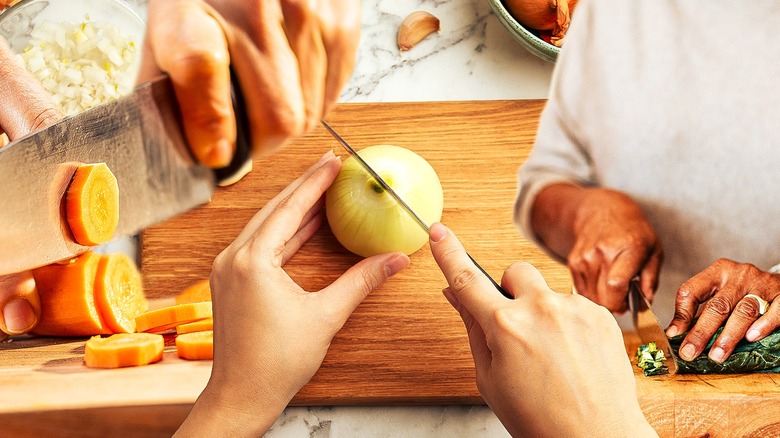
A Tremendous Conclusion
So, what cutting board do chefs use? The shocking truth is there isnt a one-size-fits-all answer. Professional chefs typically choose the board that aligns with their style, preferred materials, and maintenance habits. Whether its the timeless charm of wood, the practicality of plastic, or the sustainability of bamboo, the best cutting board is one that balances durability, hygiene, and knife preservation.
If youre a kitchen professional or a home cook aspiring to elevate your craft, investing in a chef-approved cutting board can be genuinely life-changing. Delve deeper into exploring cutting board care with this insightful read about keeping wooden cutting boards clean.
This article contains affiliate links. We may earn a commission at no extra cost to you.

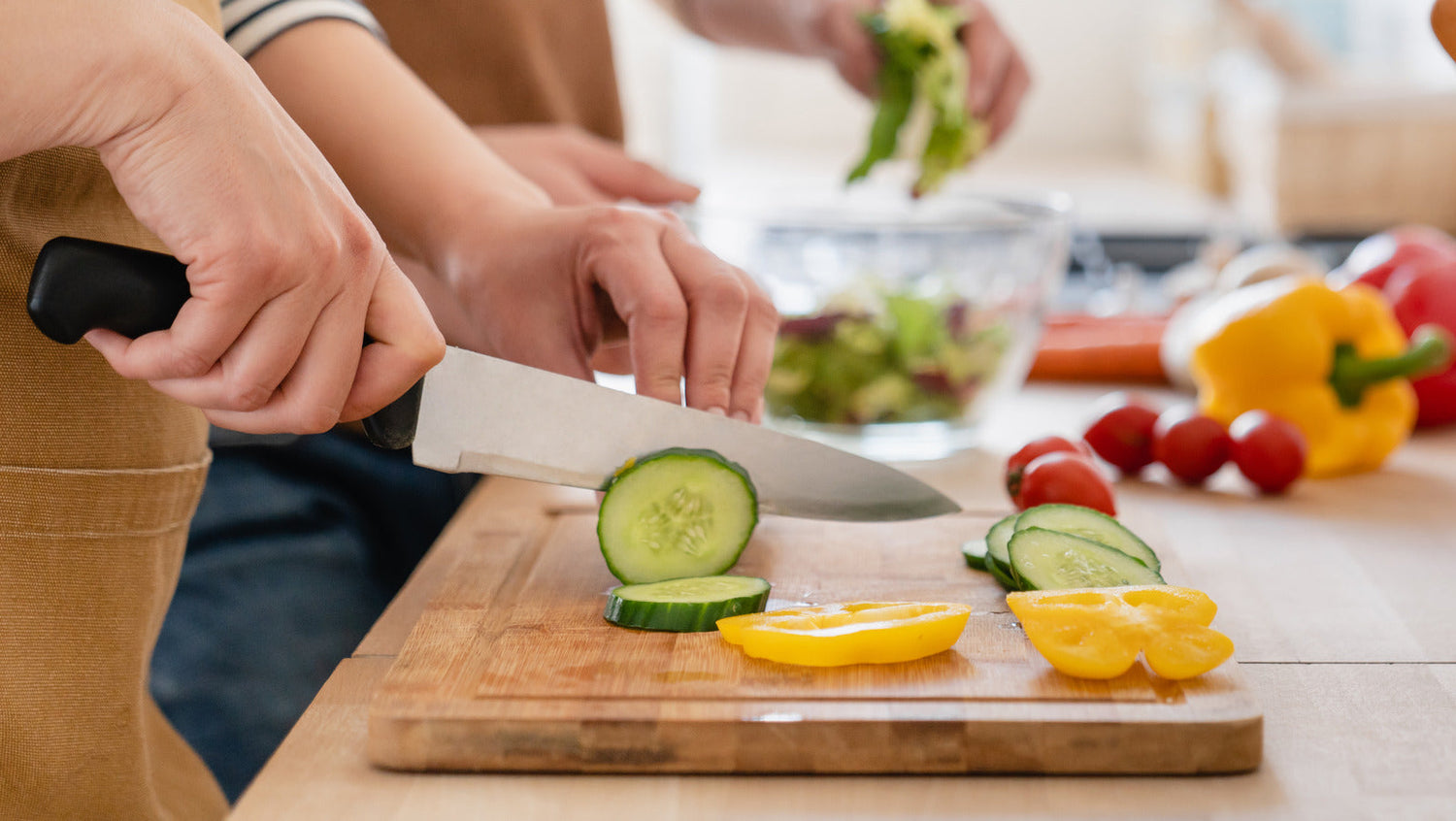


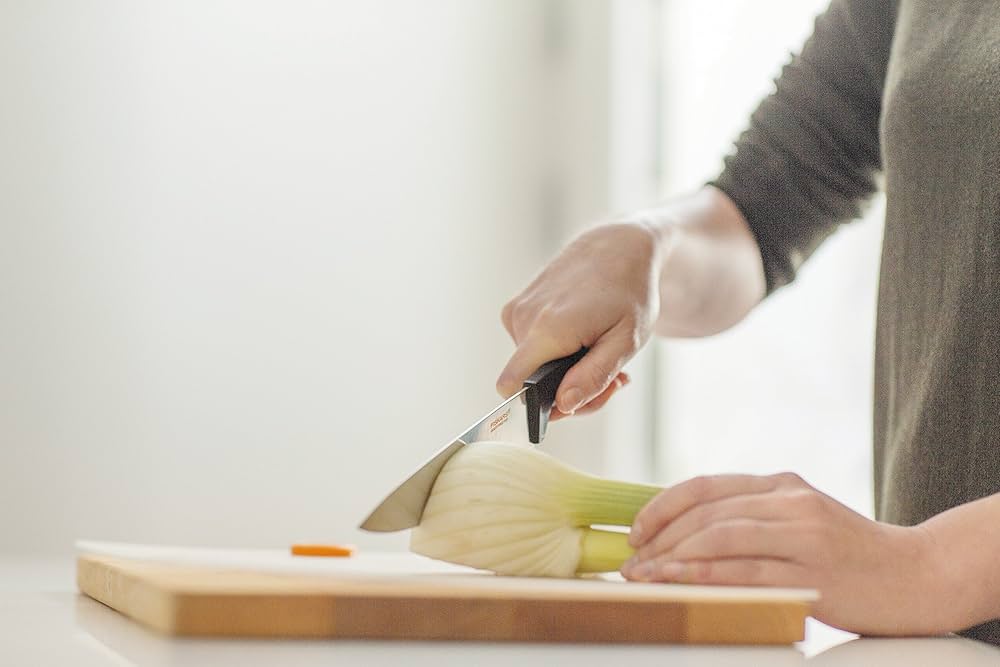
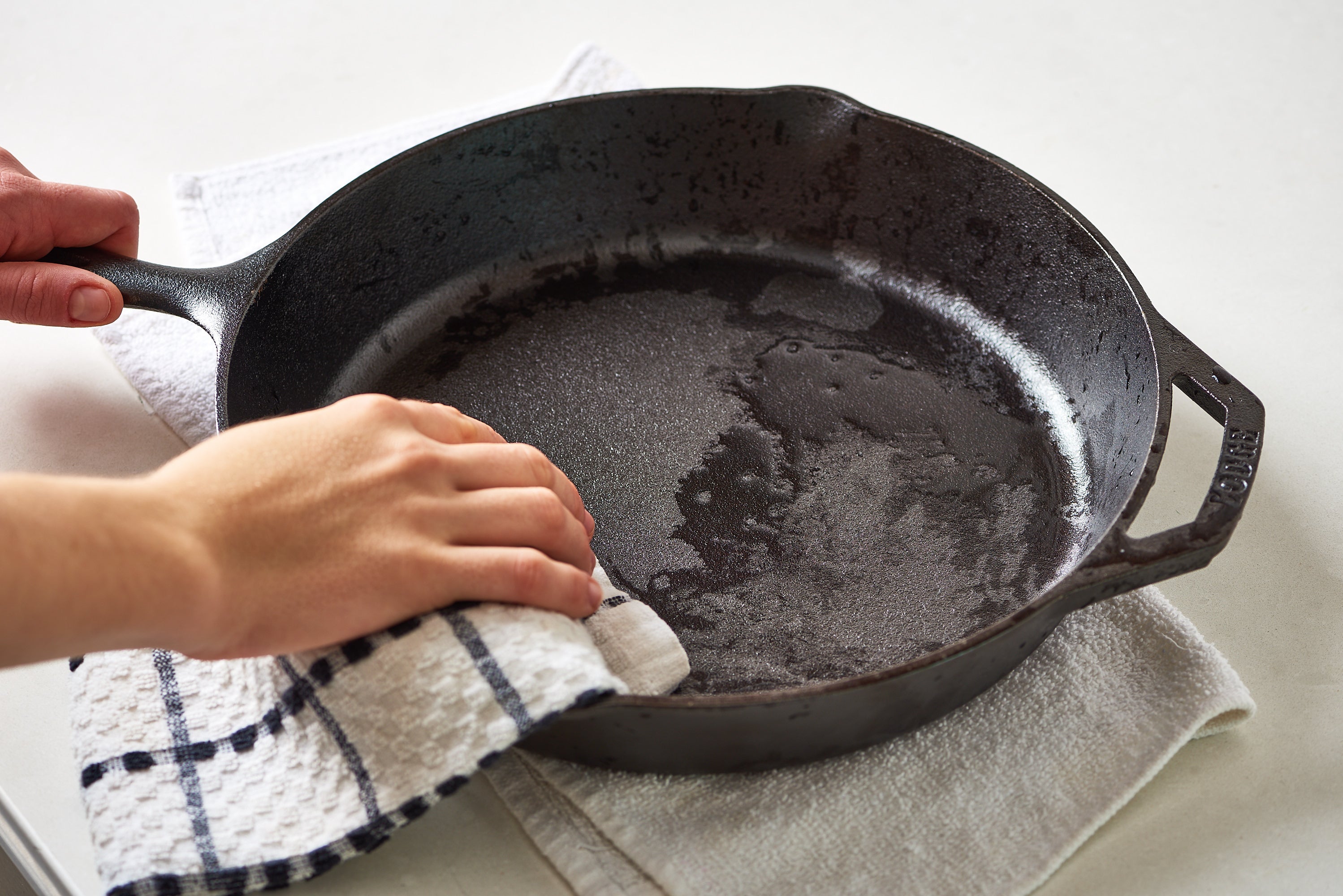
Leave a comment
This site is protected by hCaptcha and the hCaptcha Privacy Policy and Terms of Service apply.